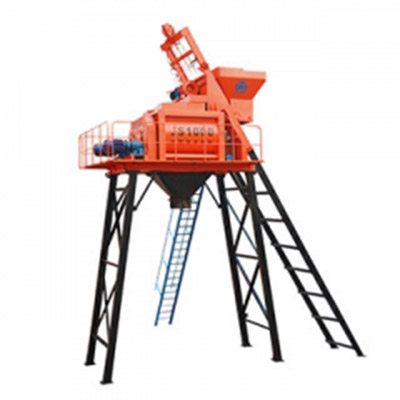Mobile:+86-311-808-126-83
Email:info@ydcastings.com
Exploring the Efficiency of Mixed Flow Impellers in Pumping Applications
The Mixed Flow Impeller A Comprehensive Overview
The mixed flow impeller represents a significant advancement in fluid dynamics and pump design, offering a unique blend of the advantages found in both axial and centrifugal flow systems. This innovative impeller design is particularly valued in various industrial applications, including water treatment, chemical processing, and HVAC systems, where efficient fluid management is paramount.
Understanding Impeller Design
At its core, an impeller is a rotating component within a pump that transfers energy to the fluid, increasing its velocity and pressure. Traditional impellers fall primarily into two categories axial flow and centrifugal flow. Axial flow impellers push fluid along the axis of the impeller shaft, providing moderate pressure at high flow rates. Conversely, centrifugal flow impellers impart energy to the fluid radially, resulting in high pressure but lower flow rates.
The mixed flow impeller combines characteristics of both designs. It allows fluid to enter the impeller axially and exit radially, creating a hybrid flow pattern that offers improved hydraulic performance. This design can maximize efficiency and enhance the operational range of the pump, making it versatile across different applications.
Advantages of Mixed Flow Impellers
1. Enhanced Efficiency One of the major benefits of mixed flow impellers is their efficiency in transferring energy to the fluid. They can operate effectively across a broader range of flow conditions, leading to optimized performance in real-world scenarios.
mixed flow impeller

2. Versatility Mixed flow impellers can handle varying fluid types, including those with higher viscosities or specific gravities. This versatility makes them suitable for diverse industries, from sewage pumping to chemical transfer.
3. Compact Design Compared to traditional centrifugal pumps, mixed flow impellers can achieve desired pressure increases in a more compact design, making them suitable for installations where space is a constraint.
4. Reduced Noise The unique flow pattern of mixed flow impellers minimizes turbulence, leading to quieter operation. This feature is particularly beneficial in residential and commercial environments where noise reduction is critical.
Applications
Mixed flow impellers find utility in many fields. In wastewater treatment, they efficiently move large volumes of water while providing the necessary pressure to overcome system resistance. In the chemical industry, they can transport corrosive substances without compromising safety. Furthermore, HVAC systems utilize mixed flow impellers for both heating and cooling applications, ensuring balanced air distribution.
Conclusion
As industries continue to evolve and demand more efficient and effective fluid management solutions, mixed flow impellers stand out as a promising technology. Their ability to combine the benefits of axial and centrifugal flow impellers makes them suitable for a wide range of applications, enhancing operational efficiency while reducing energy consumption and noise levels. As research progresses and new materials and manufacturing techniques become available, the design and application of mixed flow impellers are expected to advance further, solidifying their position as a key component in modern fluid dynamics. In summary, mixed flow impellers not only optimize performance but also represent a crucial innovation in the quest for efficient pumping solutions across various industries.
-
Understanding Metal Casting TechniquesNewsApr.02,2025
-
Understanding Exhaust Manifolds for Enhanced Engine PerformanceNewsApr.02,2025
-
The World of Metal FabricationNewsApr.02,2025
-
Key Components for Pump and Turbo EfficiencyNewsApr.02,2025
-
Essential Tools for Automotive Maintenance and RepairNewsApr.02,2025
-
Durable Valve Components for Effective Water ManagementNewsApr.02,2025











